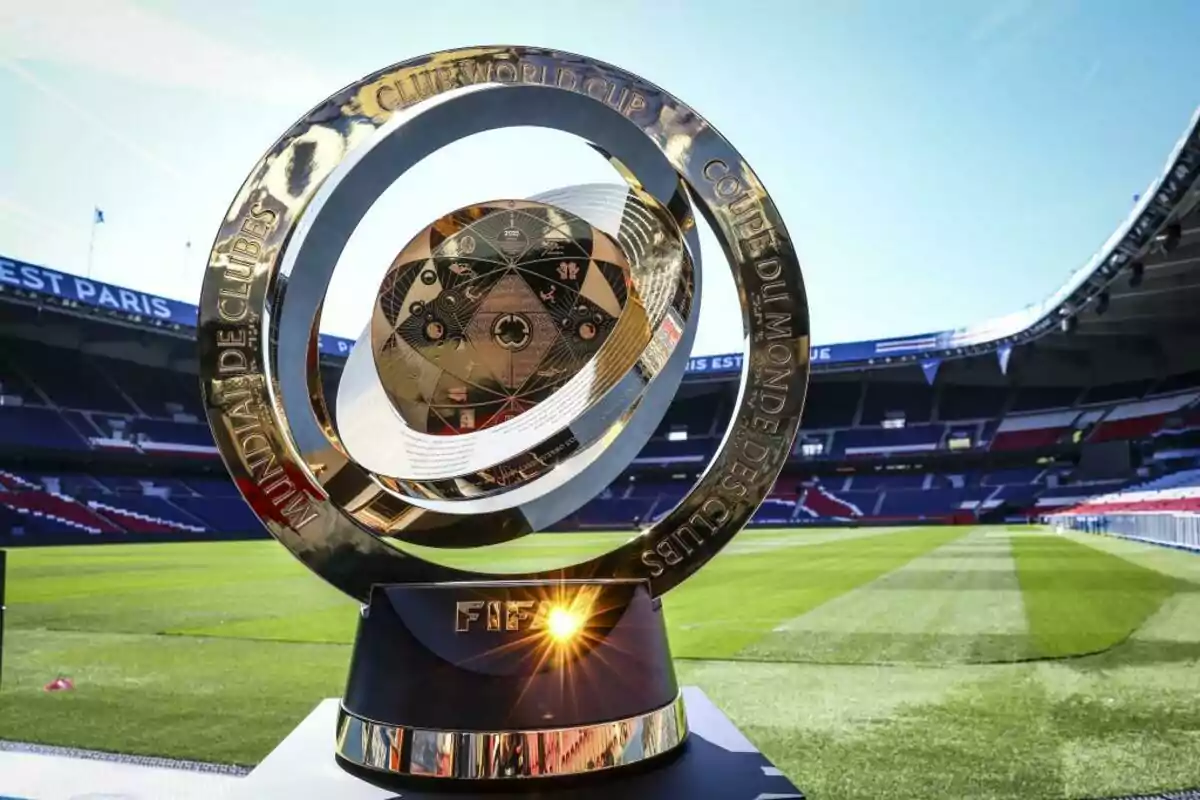Year after year, world soccer experiences a flood of matches, tournaments, and commitments that test the players' physical condition and the clubs' ability to manage their squads. While fans enjoy more spectacle than ever, concern is growing about the schedule and the true meaning of some international competitions.
The new Club World Cup format has sparked much discussion. With the expansion to 32 teams, the tournament aims to emulate the excitement and structure of a national team World Cup, but in a club version. This edition represents a historic leap compared to the previous model, which was much more exclusive and shorter, and it tests the teams' endurance, especially in European soccer, where the schedule is more packed than ever.
The chosen dates, right before the preseason of the main national championships, force teams to change their preparation plans. Spanish clubs, such as Real Madrid and Atlético de Madrid, must face this challenge, managing minutes and injuries to avoid starting LaLiga in a weakened state.

Criticism and divided opinions about FIFA and the tournament
The organization of this new Club World Cup hasn't been free from controversy. Carlos Herrera, a renowned Spanish journalist, has joined the critical movement that sees the tournament as a product designed more to fill FIFA's coffers than for the good of soccer or its main figures. On his radio show, Herrera was blunt: "It'll be a business for FIFA", reflecting the opinion of many fans and experts who consider the schedule overload unnecessary.
This opinion is shared by former footballers, coaches, and members of players' unions, who warn about the physical risk of playing such a demanding tournament in the middle of summer, after a marathon season for the world's top clubs. Even on social media and in televised debates, it's common to see the question: Does this competition make sporting sense, or does it only serve economic interests?
Tournament format
The revamped tournament features a structure very similar to the national team World Cup. Thirty-two teams from all continents will compete for almost a month, divided into groups, with an initial phase and subsequent knockout rounds. This expansion allows champions and runners-up from less prominent leagues to take the stage, dreaming of surprising the European or South American giants.
On the financial side, FIFA has announced multi-million euro prizes for the clubs, which has increased media anticipation and pushed some organizations to strengthen their squads during the summer transfer window. In addition, to address the exceptional nature of the tournament, an extraordinary transfer period was opened, allowing teams to arrive with new signings.

